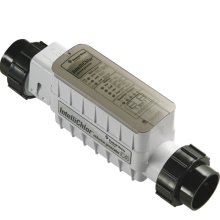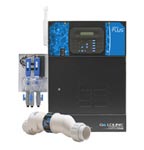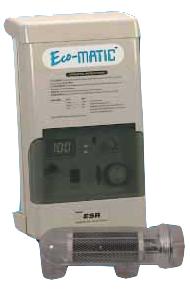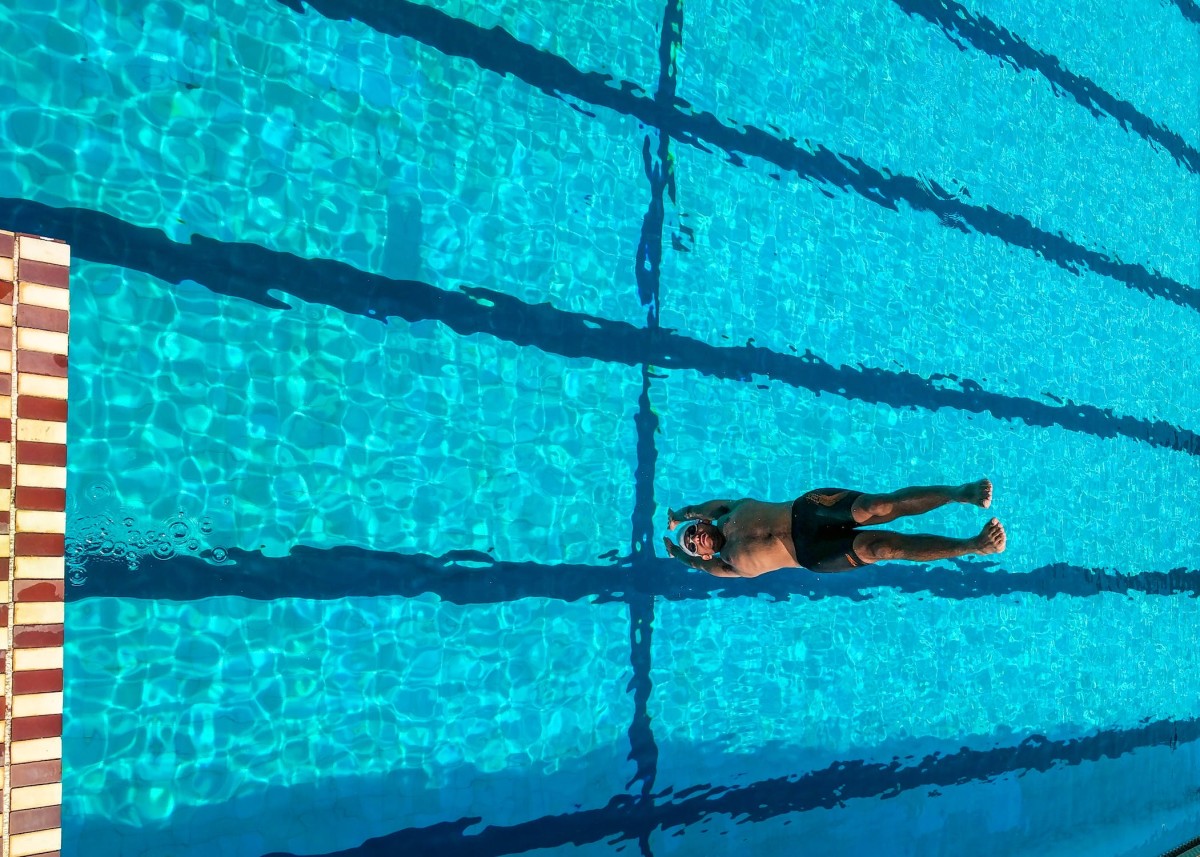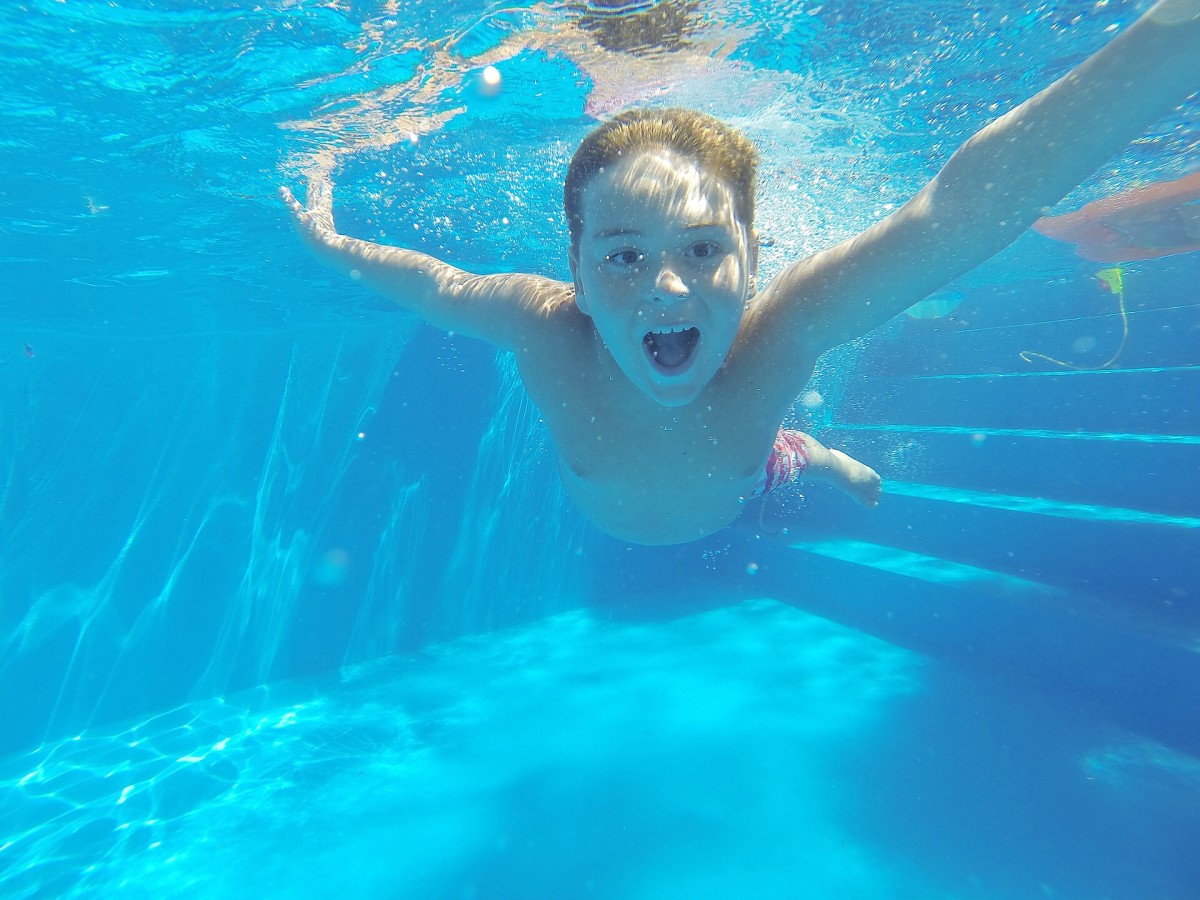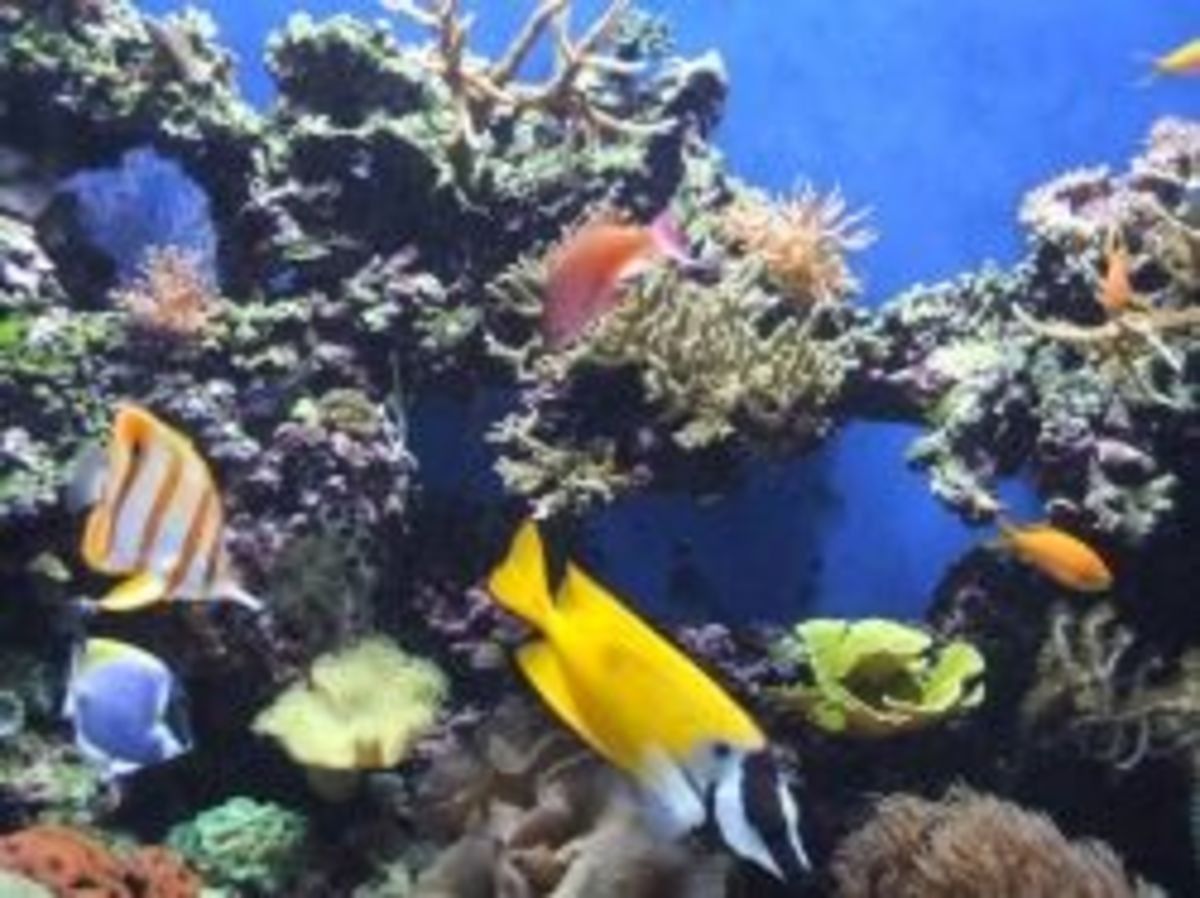saltwaterpools
Salt Water Pool Chlorination
Checking the chemicals in your swimming pool can be a duty that almost no one enjoys. None the less it is one that has to be done to maintain proper Ph balance and to keep algae from taking over.
Chlorine still remains the number 1 chemical used in swimming pools to control the growth of algae. One of the latest creations to enter the marketplace is the chlorine generators. You may have already seen these appliances by several different names and while somewhat new to the American market, they have been in use in Australia for many years.
There seems to still remain a lot of confusion as to exactly what is going on with a salt water pool and some still don't understand that the system still uses chlorine to sanitize the pool.
To oversimplify an explanation I'll just say that the salt is turned into chlorine as it is ran through the generator and then dispersed throughout the pool by way of the swimming pool returns.
How salty is a salt water swimming pool?
Chlorine generators or salt water chlorinators do what the name implies.
They turn ordinary salt into chlorine to be used for pool sanitation.
Now this may sound like you're turning you backyard oasis into an ocean
of salt water but it isn't as bad as it sounds. The ocean contains a concentration of 3.5 % of salt on average, that's around 35,000 parts per million.
In contrast the concentration of salt in a salt water pool is only
around 3500 ppm, around a 10th of that in the ocean. To get an idea of
the amount , human tears contain around 7000 ppm. The amount of salt contained in a salt water pool is barely noticeable and most people that have experienced them agree that the water is soft and less irritating than in a conventional pool.
Salt Water Chlorinators
Click thumbnail to view full-size



Do I have to add chlorine to my salt water pool?
Since the generator is continuously making chlorine for your pool any time the pump is running there shouldn't be a need to add any chlorine. Occasionally bather loads may be exceptionally high or the salt may become diluted from rain water. Increasing the time that the equipment is running will help produce more chlorine. Some of the control panels that operate the chlorine generators have settings for super chlorination. This usually amounts to running the equipment continuously for a determined amount of time with the generator at operating at full capacity. In most cases this will make up for the chlorine demands of the pool. If for some reason after this the chlorine level is still low, the control panel can be set to run an additional super chlorination cycle or chlorine or shock can be used to treat the pool to re establish proper chlorine levels.
How much does it cost to convert a pool to salt water?
The initial cost of a salt water pool is the hardest part to get across to a pool owner unfamiliar with the system.
It would be difficult to give any one an exact quote on installing a salt system without knowing all the details first.
Obviously the cost of the equipment is a major part in initial cost but if the pool is already existing and no provisions were left in the plumbing for future installation this could be time consuming for the installer meaning additional costs to the customer. The amount of salt needed is another large cost initially and is entirely dependent on the amount of water the pool contains. In most cases the average pool owner is not going to notice any considerable savings the first year because of the initial cost although the convenience and safety of the salt system will be immediately recognized.
Salt Water Generators
Will converting to a salt system eliminate my need for pool chemicals?
A salt water chlorination system is designed to convert salt into usable chlorine for pool sanitation purposes. Any and all of the other chemicals a pool requires is still needed in addition to the chlorine. It is always important to keep all the chemicals in a pool checked to maintain proper alkalinity and PH. Stabilizer will also be needed in a salt water pool. On a conventional chlorine pool, stabilizer is generally added with the regular use of chlorine tablets.
A salt water chlorination system for your pool does not eliminate the need for other chemicals the pool would normally require to maintain proper balance.

